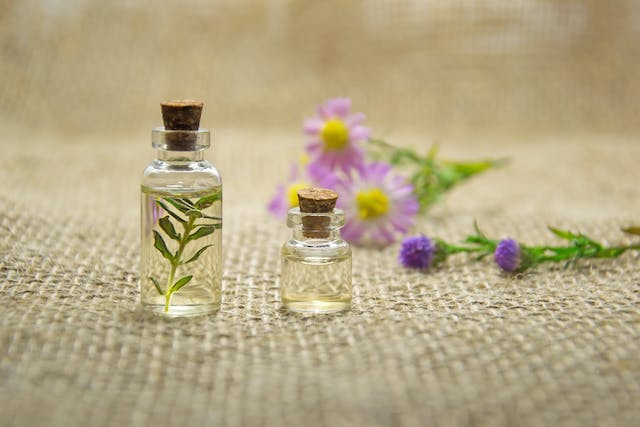Perfume Maceration: The Art and Science Behind Your Favorite Scents

Perfume Maceration: The Art and Science Behind Your Favorite Scents

Introduction
When you spray on your favorite perfume, have you ever wondered how it goes from a mix of ingredients to the delightful scent you enjoy?
That magical transformation is largely thanks to a fascinating process called perfume maceration.
Let's delve into this enchanting world, answering questions and demystifying the art and science of perfume maceration.
What Exactly Is Perfume Maceration?
Perfume maceration is the secret sauce that elevates a fragrance from a mere mixture of scents to a complex and captivating aroma. It's the crucial step where various fragrance ingredients come together and evolve over time to create the perfect scent.
How Does It Work?
Imagine perfume maceration as a careful dance of art and science:
Choosing the Ingredients: Perfumers, or "noses," select a range of natural and synthetic fragrance components. These selections form the building blocks of the perfume.
The Base: Most perfumes use alcohol as a base for maceration. This alcohol helps extract and preserve the volatile compounds that make the fragrance's heart.
The Waiting Game: Patience is key. The chosen ingredients are blended in precise proportions and left to rest for weeks or even months. During this time, the components interact and change, allowing the scent to mature and refine.
Controlled Environment: Perfumers keep a watchful eye on the process, maintaining specific conditions like temperature and humidity to ensure that everything goes according to plan.
Taste and Adjust: Regular check-ins are essential. Perfumers test the fragrance to see if it's achieved the desired level of complexity and harmony. If not, they may make adjustments.
The Scientific Side of Maceration
Behind the scenes, a fascinating series of chemical reactions is unfolding:
Chemical Transformations: As the ingredients intermingle, chemical reactions take place. These reactions create new compounds that contribute to the perfume's overall scent.
Volatile Compound Extraction: The alcohol in the base acts as a solvent, extracting the volatile compounds from the fragrance ingredients. This extraction is fundamental to getting the desired scent.
Oxidation and Aging: Oxidation plays a role too. It can influence the fragrance's aroma. Perfumers closely monitor this process to make sure it enhances, rather than diminishes, the final product.
The Result: A Fragrance with Depth

After the waiting and monitoring, the perfume undergoes filtration and sometimes further adjustments, like dilution or blending. The outcome? A fragrance with layers, depth, and a well-balanced scent profile that unfolds beautifully on your skin.
Why Should We Care About Perfume Maceration?
Understanding the world of perfume adds a deeper layer of appreciation to the scents we wear.
The artistry of patient waiting, meticulous ingredient selection, and the magic of chemical reactions all come together to create the captivating fragrances we cherish.
So, the next time you spritz on your favorite perfume, you'll know it's a fragrant work of art, crafted with passion and precision.
Uncover the secrets of this enchanting world, where art meets science, and scents become timeless expressions of beauty.


Leave a comment